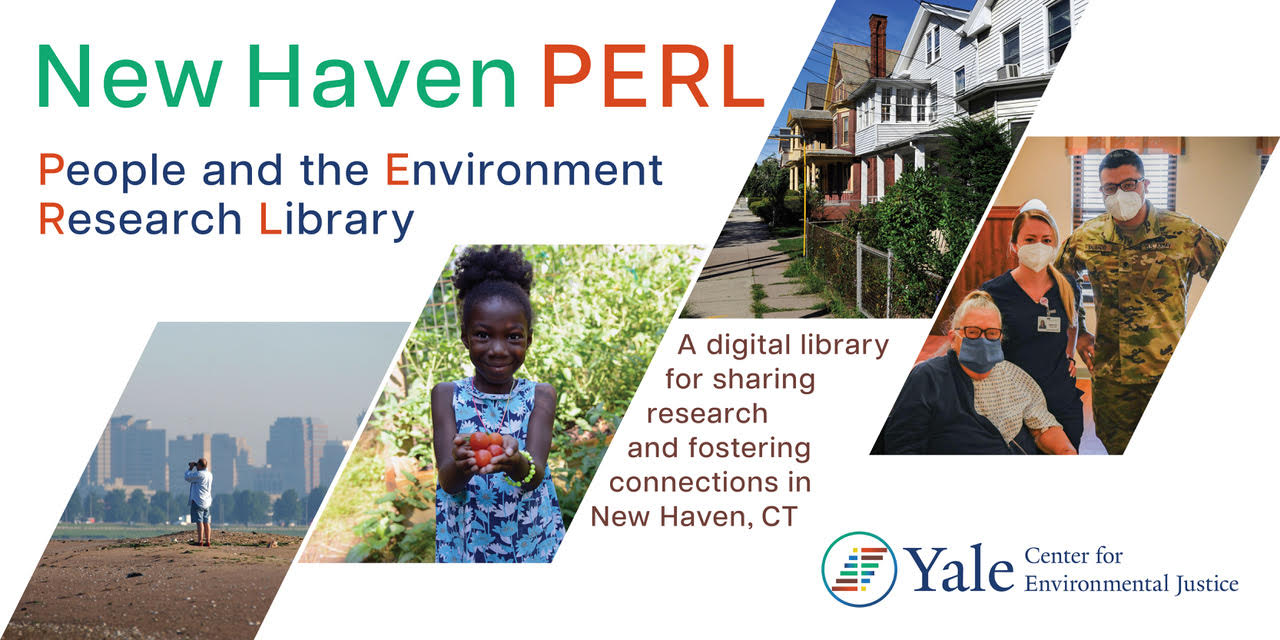Document Type
Research Report
Summary Description
This report places the Yale Divinity Farm in context of its land history, ecological landscape, and connection with black community gardeners and organizers in the New Haven area. The Farm community seeks to unlearn private-property models enshrined by Christian values by evolving its values and practices of collective-management and agroforestry. Careful collaboration with people of diverse knowledge systems provides the groundwork for a sustainable agroforestry system for generations of students and community members.
Abstract
Since 2009, students have nurtured the Divinity Farm or Divfarm as a no-till regenerative agricultural system with values of Christian stewardship. The edges of the farm have communal herb and vegetable plots, native and pollinator nurseries, berry bushes and hedges, as well as fruit-tree orchards. The interior of the farm consists of personal plots stewarded by individual students, couples, or families who are either new to growing food or are looking for a place to practice their agrarian traditions. I look at how the Divfarm, a student-led community garden, maintains and disrupts private-property models as we evolve our values and growing practices. I reimagine this garden as a collective practice of working within circular and multi-generational systems integrated into the local ecology and embedded in culture and history. Re-identifying our farm in this way alters the social and ecological factors considered in farm planning and management.
Category Tags
Conservation, Greenspaces, and Urban Ecology; Disproportionate Environmental Impacts; Food, Nutrition, and Agriculture; Racial Justice and Racism; Sustainability
New Haven Neighborhood
New Haven (All); Prospect Hill
Recommended Citation
Garard, Nailah Z., "Reimagining the Divinity Farm as an Edible Commons" (2024). Reports. 16.
https://elischolar.library.yale.edu/nhperl_reports/16


